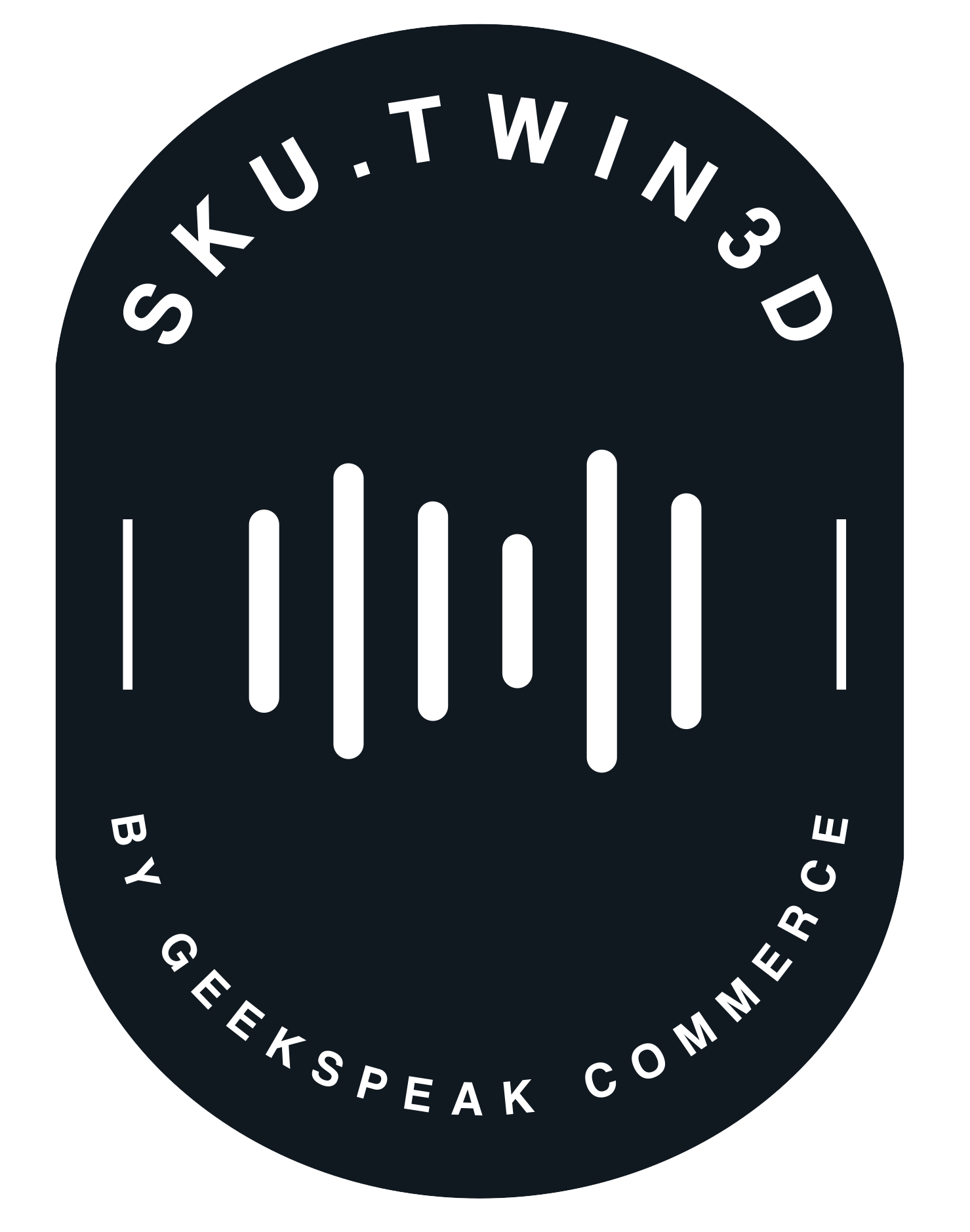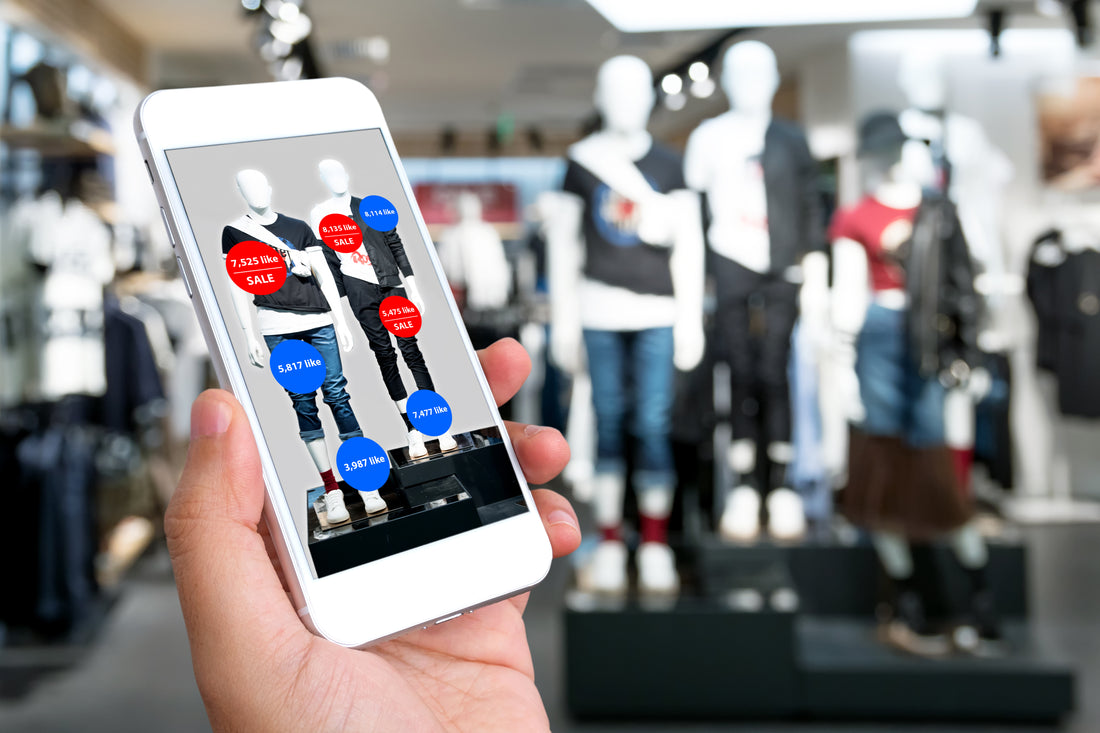In marketing, brand recall is the holy grail. The ability for consumers to spontaneously remember a brand when thinking of a specific product category indicates that the brand holds a dominant position in their minds. With a bombardment of advertisements across digital and traditional media, breaking through the noise and capturing consumers' attention has never been more challenging. This is where Augmented Reality (AR) shines, offering brands a groundbreaking tool to leave a lasting imprint on consumer memory. Here's a look at how AR enhances brand recall rate.
The Link Between Engagement and Recall
The formula is simple yet profound: the more engaged a consumer is with content, the more likely they are to remember it. While traditional ads passively relay messages, AR requires active participation, drawing users into an interactive experience. This deep engagement not only makes the content memorable but also establishes an emotional connection, further bolstering recall.
AR's Strengths in Promoting Brand Recall
1. Memorable Interactions: AR enables brands to deliver unforgettable experiences. Imagine pointing your phone at a branded poster and watching it come to life, transforming into a 3D animation or an interactive game. Such unexpected, delightful experiences stick in consumers' minds.
2. Personalized Experiences: With AR, advertising isn't one-size-fits-all. Users can customize their experiences, ensuring that the interaction feels personal and tailored to their preferences, which amplifies recall.
3. Emotional Resonance: AR can evoke emotions - be it the joy of visualizing how a new sofa would look in your living room, the thrill of a virtual treasure hunt, or the amazement of seeing a brand mascot dancing on your table. Emotional experiences are often the most remembered.
4. Enhanced Product Visualization: For products, AR allows potential buyers to 'try before they buy'. Whether it's virtually trying on a pair of shoes, visualizing a new car in your driveway, or seeing how a piece of furniture fits in your space, AR ensures that the brand and its products are remembered when purchase decisions are made.
Real-world Examples
Brands worldwide are leveraging AR to make their mark:
- IKEA's AR Catalogue: IKEA enables users to visualize how furniture would look in their homes, enhancing the shopping experience and embedding IKEA's solutions in consumers' minds.
- Pepsi's Bus Stop Campaign: In London, Pepsi transformed a bus stop's transparent wall into an AR screen showcasing alien invasions, tigers, and more. Not only did it entertain waiting passengers, but it also went viral, amplifying brand recall.
Challenges Ahead
While AR holds immense potential, brands need to navigate its use judiciously. Overwhelming users with frequent AR experiences or offering content that lacks depth can lead to AR fatigue, diminishing its impact.
In an era where consumers are inundated with content, standing out is imperative. Augmented Reality, with its blend of technology and creativity, offers brands a golden ticket to enhance brand recall. By creating meaningful, engaging, and personalized AR experiences, brands can cement their place in consumers' minds, ensuring they're not just seen, but remembered.
Learn more about AR experiences and how you can leverage them here.

